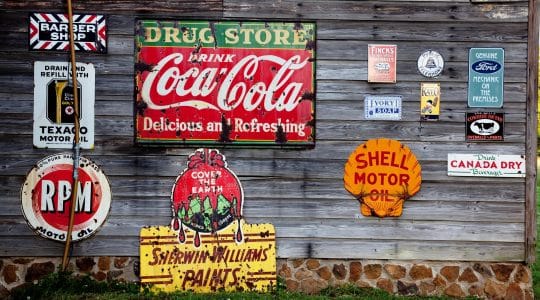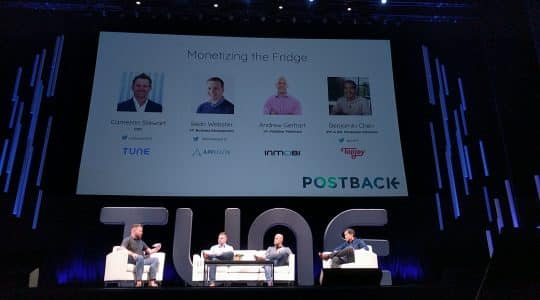
The mobile app industry has experienced rapid growth over the past few years and there are now 2.3 million apps available on iOS and Android. While this growth has lead to some great mobile app success stories, it also has made the app stores more cluttered and made it harder to find those stand-out apps. As the app industry as a whole continues to grow, this problem will only get worse.
So, if you have a mobile app, how can you tell how loved it is and how much you’re standing out from the competition? You can look at customer reviews and the number of installs which many mobile app developers use to gauge success, but do these two metrics alone really tell the most complete story of how successful your app is?
Apptentive released their new Love Index today which helps mobile apps understand how “loved” their apps are by their customers and lets them compare to industry/category averages as well as their competitors. The Love Index is measured on a number of factors and metrics including an app’s popularity, ratings and reviews, customer sentiment, reviewer quality, and Apptentive’s internal metrics informed by a database of over 50 million people. That data is combined to create a Love Score for every app in the Love Index. One thing to note is that only apps with more than 50 reviews can see their Love Score.
When asked why they decided to create such a tool as the Love Index, Robi Ganguly (CEO of Apptentive), said:
“For the largest brands in the world, app store charts just don’t cut it. We’re constantly being asked, ‘How are we doing?’ and ‘Is our mobile customer experience upholding our brand’s promise to consumers?’. The Love Score and the Love Index are designed to help answer these questions and really hone in on what matters most to every company – earning customer love.”
As more and more companies are starting to build unique app experiences for their customers and fans, it’s more important than ever for them to invest in creating a wonderful experience that entices users to come back again and again. It’s far too easy to create a mobile app just to say that you have one and forget about the user experience. Why should users open your app instead of going to a mobile version of your website? What unique value proposition are you giving your users to use your app? As Apptentive points out in their recent post, even big, well-known brands can struggle with creating apps that their users love.
“Mobile is still in its infancy, with mobile apps being a particular challenge for many companies. Just finding the resources to create an app can be tough – figuring out how to ensure that the investments they’re making are resulting in high quality apps is an absolute imperative.” – Robi of Apptentive
We’re pretty impressed with the Love Score and the direction Apptentive is going in providing insights into how users really feel about the apps they use. We asked Robi if he could give us a sneak peak at what else they have in store for the Love Index over the coming months:
“You’ll see us working to elaborate on how companies in various verticals stack up, sharing how the Love Scores are changing over time and delivering actionable advice to improve your own app’s Love Score.”
Here at MobileAppTracking, we focus on providing analytics for determining how well mobile advertising campaigns are working for mobile app companies. At the end of the day though, it’s not enough for mobile apps to just run a bunch of advertising campaigns to drive installs. The mobile apps that are going to be the most successful will combine an efficient user acquisition and mobile advertising strategy with an app that has been built to provide an amazing experience for its users.
We’d love to hear what you think about the Love Index so let us know in the comments below. If you haven’t checked it out yet, you can find out your own Love Score here.
Author
Becky is the Senior Content Marketing Manager at TUNE. Before TUNE, she handled content strategy and marketing communications at several tech startups in the Bay Area. Becky received her bachelor's degree in English from Wake Forest University. After a decade in San Francisco and Seattle, she has returned home to Charleston, SC, where you can find her strolling through Hampton Park with her pup and enjoying the simple things between adventures with friends and family.




Leave a Reply
You must be logged in to post a comment.